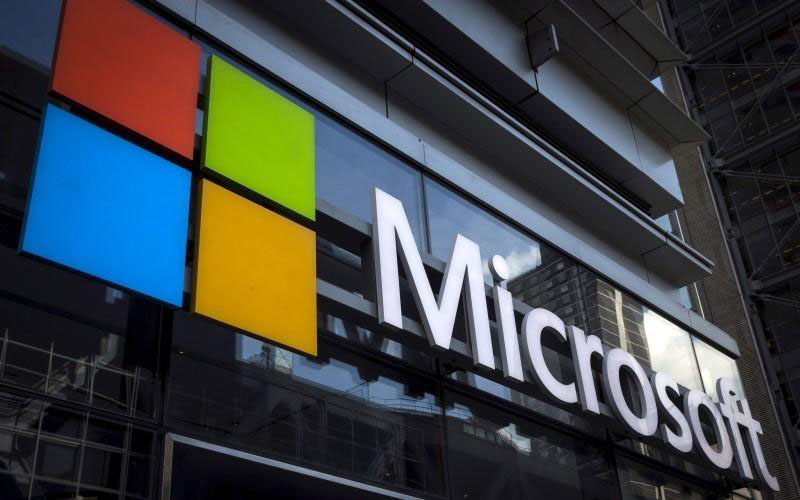On Tuesday, Microsoft (MSFT) revealed its quarterly financial results after the market closed, surpassing analysts’ expectations in terms of both revenue and earnings per share. The tech giant recorded $56.5 billion in revenue for the quarter, exceeding the predicted $54.5 billion.
Adjusted earnings per share (EPS) hit $2.99, compared to the estimated $2.66 per share. In the same quarter last year, the company had an adjusted EPS of $2.35.
Following the announcement, the company’s shares surged by over 3% in early trading on Wednesday. Microsoft attributed the growth to stronger-than-expected consumption of AI, which had a positive impact on its cloud business.
Microsoft’s Intelligent Cloud segment, including its Azure business, generated $24.3 billion in revenue during the quarter, surpassing Wall Street’s projection of $23.6 billion. Revenue from Azure and other cloud services increased by 29% during the quarter, outperforming Wall Street’s 27% expectation.
“With copilots, we are making the age of AI real for people and businesses everywhere,” Microsoft CEO Satya Nadella said in a statement. “We are rapidly infusing AI across every layer of the tech stack and for every role and business process to drive productivity gains for our customers.”
Meanwhile, the company’s Productivity & Business Processes reported revenue of $18.6 billion, whereas More Personal Computing brought in $13.7 billion, exceeding analysts’ estimates of $18.3 billion and $12.9 billion, respectively.
Over the past year, Microsoft has strategically positioned AI as a key element of its business. The company made a substantial $10 billion investment in OpenAI, the developer of ChatGPT, and introduced AI-enhanced versions of its Bing search engine and Edge browser in February.
Since then, Microsoft has launched various Copilot applications powered by generative AI for Outlook, Windows 11, and Microsoft 365. These applications are designed to summarize emails, assist with document drafting and PowerPoint presentations, and provide insights into Windows 11 features. Microsoft plans to merge these Copilots into a unified application in the future.
These investments aim to ignite a new growth phase for Microsoft, as businesses increasingly rely on artificial intelligence to streamline operations and enhance employee productivity.
Apart from its significant emphasis on AI capabilities, Microsoft recently completed its $69 billion acquisition of Activision Blizzard. This acquisition marks the largest deal in Microsoft’s history and instantly positions it as the world’s third-largest video game company by revenue, trailing only Tencent and Sony. Nevertheless, there is a possibility that the Federal Trade Commission might seek to dismantle the companies on antitrust grounds.











